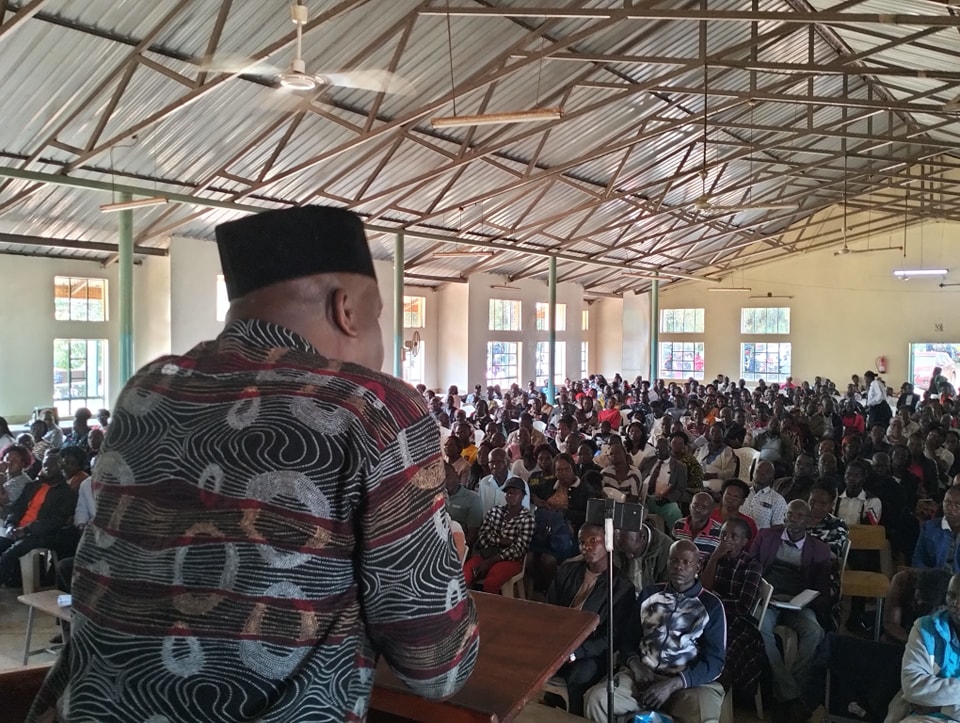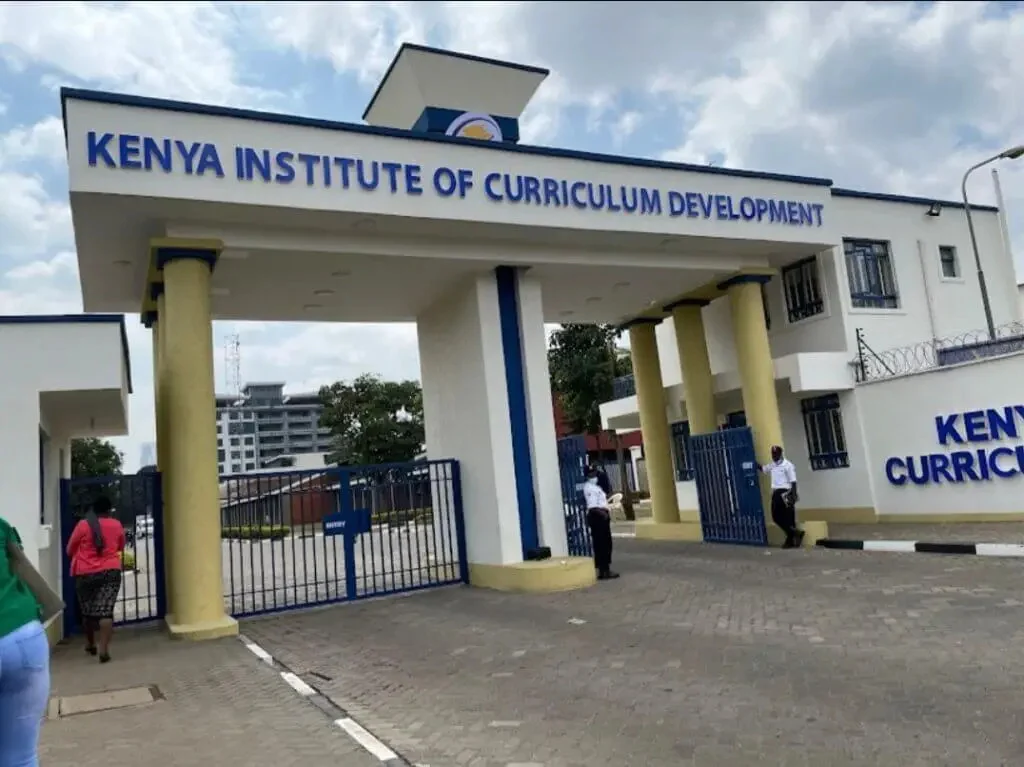Involving high school students in crafting their own school rules is not just an innovative idea but a transformative one. It shifts the narrative of school governance from one of authority and compliance to one of dialogue, cooperation, and mutual respect.
Schools, by their very nature, are spaces of learning—not only of academic content but of life skills, values, and democratic engagement. When students are invited to participate in the process of rule-making, they are not just being given a voice; they are being educated in leadership, civic responsibility, and moral reasoning.
Traditionally, school rules have been designed and enforced by administrators and teachers, with students expected to follow them without question. This approach often leads to resistance, passive compliance, or outright rebellion. The rules may be seen as arbitrary or disconnected from the daily realities and concerns of students.
As a result, discipline becomes a constant struggle, and the school environment can become tense, hostile, or disengaged. In contrast, involving students in the creation of rules transforms this dynamic. It communicates a clear message: students are trusted, their opinions are valued, and they are capable of contributing meaningfully to the life of the school.
ALSO READ:
TSC to review hardship allowances under acting new CEO Evaleen Mitei
Ownership is one of the most immediate and powerful outcomes of student participation in rule-making. When students are part of the process, they are more likely to take the rules seriously. They see them not as impositions from above but as agreements made in collaboration with peers and adults. This sense of ownership leads to a higher level of compliance. Students begin to police themselves and their classmates, not out of fear of punishment but out of a shared commitment to a positive and fair school culture. The rules cease to be tools of control and become instruments of community building.
This process is a practical form of public participation, an essential pillar of any democratic society. By engaging students in discussions, debates, and decisions about school rules, educators are modeling the values of democracy in action. Students learn that good governance involves listening, negotiation, and compromise. They come to understand that rules are not just made to restrict but to protect and to promote the well-being of all. These are lessons that cannot be taught through lectures or textbooks alone—they must be experienced.
In addition to fostering democratic values, involving students in rule-making strengthens the relationship between students and teachers. In many schools, this relationship is strained by a lack of communication and mutual understanding. Students may feel that teachers do not respect their perspectives, while teachers may view students as unruly or resistant to authority.
ALSO READ:
Ndalani Secondary’s bakery project pays off, frees funds for infrastructure
The rule-making process offers a rare opportunity for both sides to come together in mutual dialogue. Teachers listen to students’ concerns and ideas, while students gain insight into the responsibilities and challenges of maintaining order in a learning environment. The result is a more empathetic, cooperative, and respectful school culture.
Another key benefit of student involvement is that it produces rules that are more relevant and effective. Students are often more attuned to the issues affecting their peers, from cyberbullying and social media pressures to evolving forms of peer influence. By tapping into this insider knowledge, schools can craft policies that address real and immediate problems rather than relying on outdated assumptions. This ensures that the rules are not only appropriate but also practical and enforceable.
Moreover, student-crafted rules encourage peer accountability. When rules are created collectively, the burden of enforcement does not fall solely on teachers and administrators. Students become stewards of the school culture, reminding one another of the agreements they have all made. This peer-to-peer dynamic is often more powerful than top-down enforcement. It creates a sense of solidarity and collective responsibility that reinforces positive behavior and discourages misconduct.
The process of creating rules also offers valuable educational benefits beyond discipline. It nurtures critical thinking, communication, and leadership skills. Students must articulate their ideas, defend their positions, consider opposing views, and work toward consensus. These are essential competencies for academic success and for life beyond school. Furthermore, the experience of being taken seriously boosts students’ self-esteem and motivation. They feel seen, heard, and valued—feelings that are crucial to emotional well-being and academic engagement.
ALSO READ:
Enkare Ngiro, Maasai Girls to represent Narok at Rift Valley basketball Regionals
Critics may argue that students are too immature or inexperienced to contribute meaningfully to school governance. However, this underestimates the capacity of young people. Given guidance and structure, high school students are capable of remarkable insight, empathy, and fairness. In many cases, they bring fresh perspectives that adults might overlook. Involving them in rule-making is not about relinquishing control but about empowering the next generation to understand and practice good governance.
It is important, of course, that the process be well-facilitated. Teachers and administrators should set clear boundaries and guide discussions to ensure that the rules created are realistic, just, and aligned with the school’s values. The final authority may still rest with the school leadership, but the process of consultation and participation must be genuine. Students must feel that their contributions matter and that their ideas are not merely symbolic but have a real impact.
Ultimately, involving high school students in crafting their own school rules builds a stronger, healthier, and more inclusive school community. It reduces conflict, fosters respect, and promotes a culture of cooperation. It prepares students not just for exams but for life in a society that values dialogue, responsibility, and participation. When students are part of the rule-making process, they do not just follow the rules—they live them, uphold them, and believe in them. That is the kind of magic that transforms schools into communities of growth and respect.
By Kamomonti wa Kiambati.
Kamomonti teaches English and Literature in Gatundu North Sub County.
You can also follow our social media pages on Twitter: Education News KE and Facebook: Education News Newspaper for timely updates.
>>> Click here to stay up-to-date with trending regional stories
>>> Click here to read more informed opinions on the country’s education landscape






